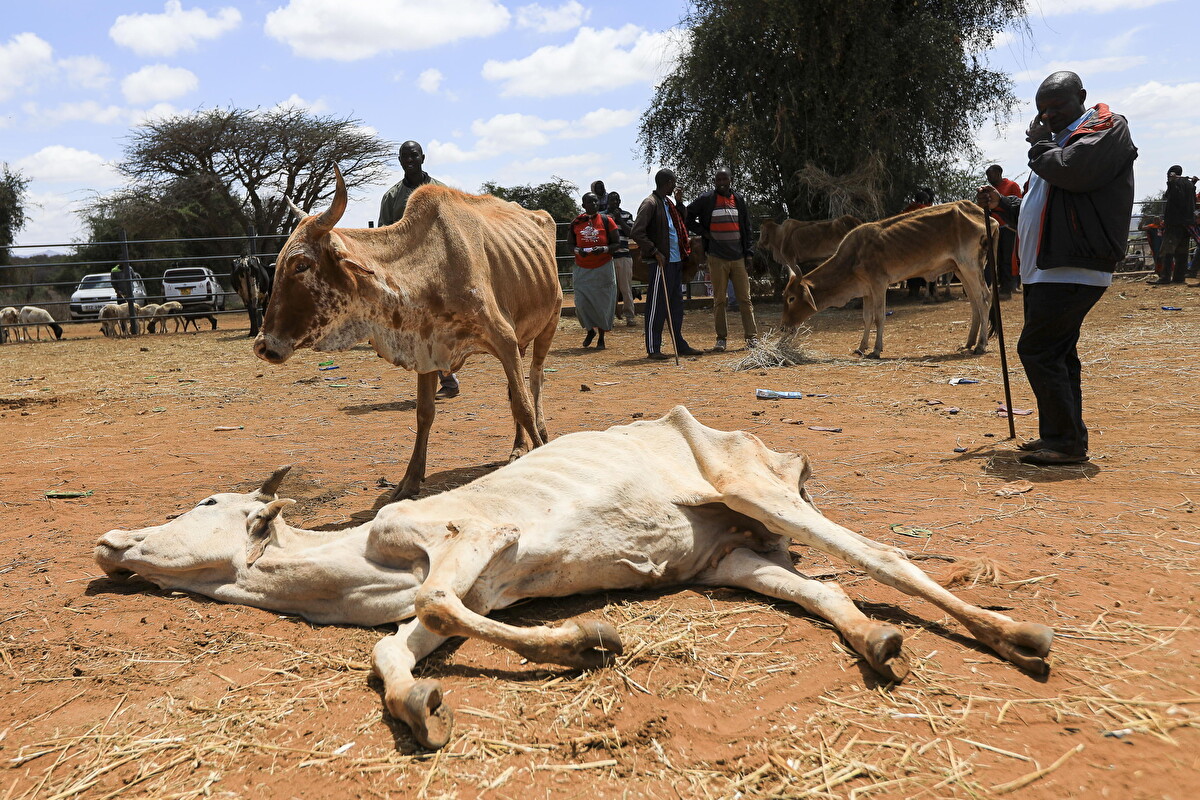A new online course that offers wikiHow platform users vital tips on how to stay safe from the dangerous disinformation that is proliferating online, and recognize fake news, was launched on Thursday. After the U.N.’s How to fight misinformation course was shown to help participants recognize and counter misinformation online, it became a finalist for Fast Company’s World Changing Ideas 2022.
The free course explores how disinformation propagates, and teaches participants how to identify some of the common tactics used to spread it, such as autonomous online programmes that can interact with systems or users, known as bots.
Also highlighted are fabricated content; hacked accounts; and trolls, or users who intentionally aim to instigate confrontation and hostility.
The course encourages users to be sceptical about new information and to take a second to consider it before sharing. “Don’t just scroll by accepting it as fact or share the information without exercising some scepticism first”, urges the UN.
Information should be verified as legitimate before being passed on, including information sources and dates. “Look up the information at the source to see if it was actually published there. Double-check the date of the article or info to make sure it’s current and still accurate”, the UN advises. “Usually, the date is located next to the author of the article”.
For instance, if a post cites a news organization on a terrorist attack, readers should check that publication’s official website to ensure it really originated there.
The date can be extremely important. An article about new coronavirus cases from six months ago, may no longer be accurate.
One tip the course offers is that image dates can be checked by dragging the image into the browser search box, then clicking the search button.
Users are also urged to locate the original source of content to make sure that the author is an expert before taking their word for it. “If an article or information doesn’t list the author, it’s a sign that it could be false or misleading information”, warns the UN.
The course is currently available in English, Czech, German, French and Russian.












